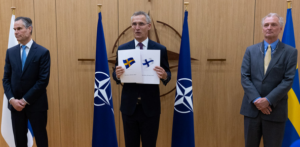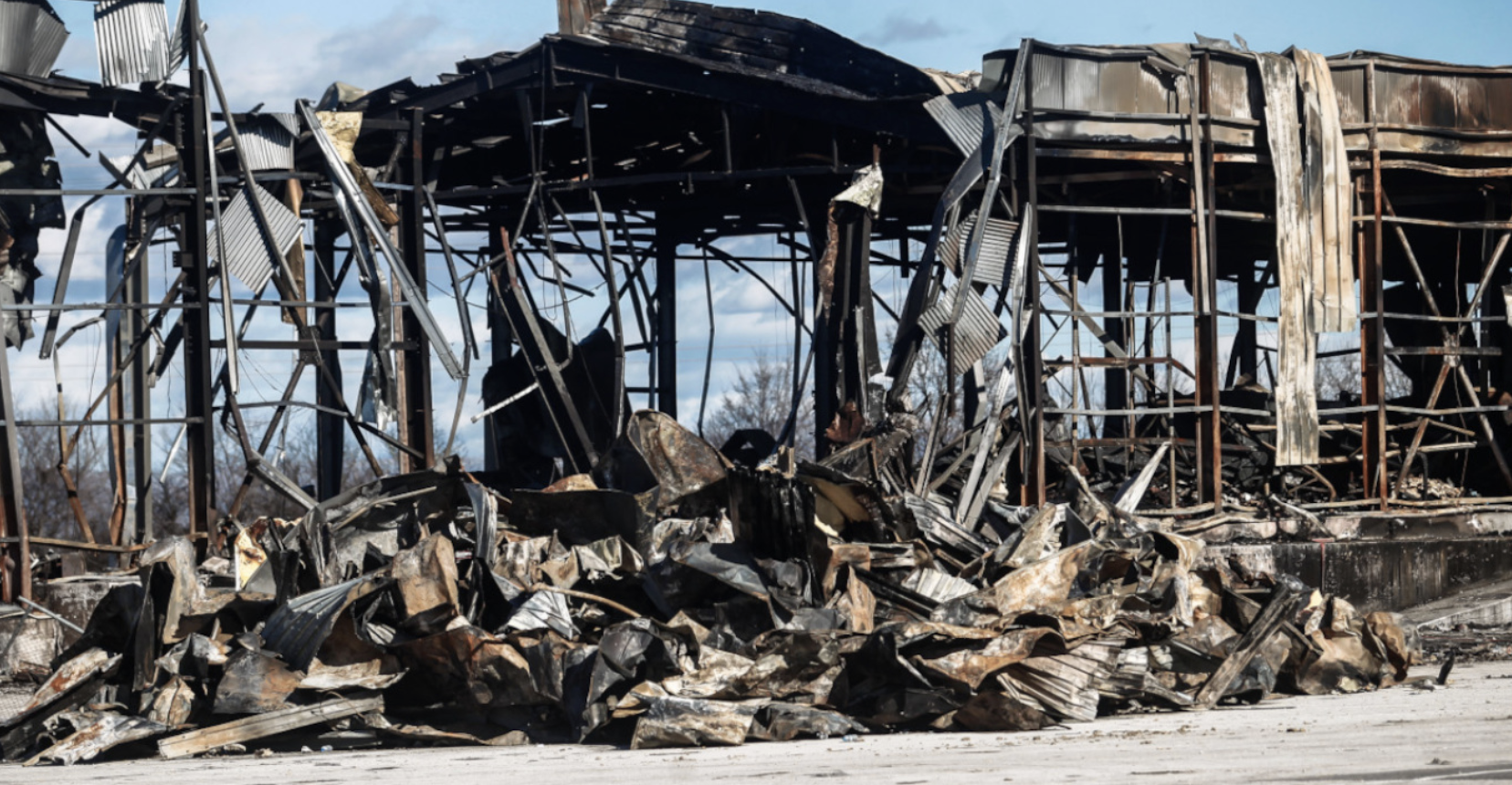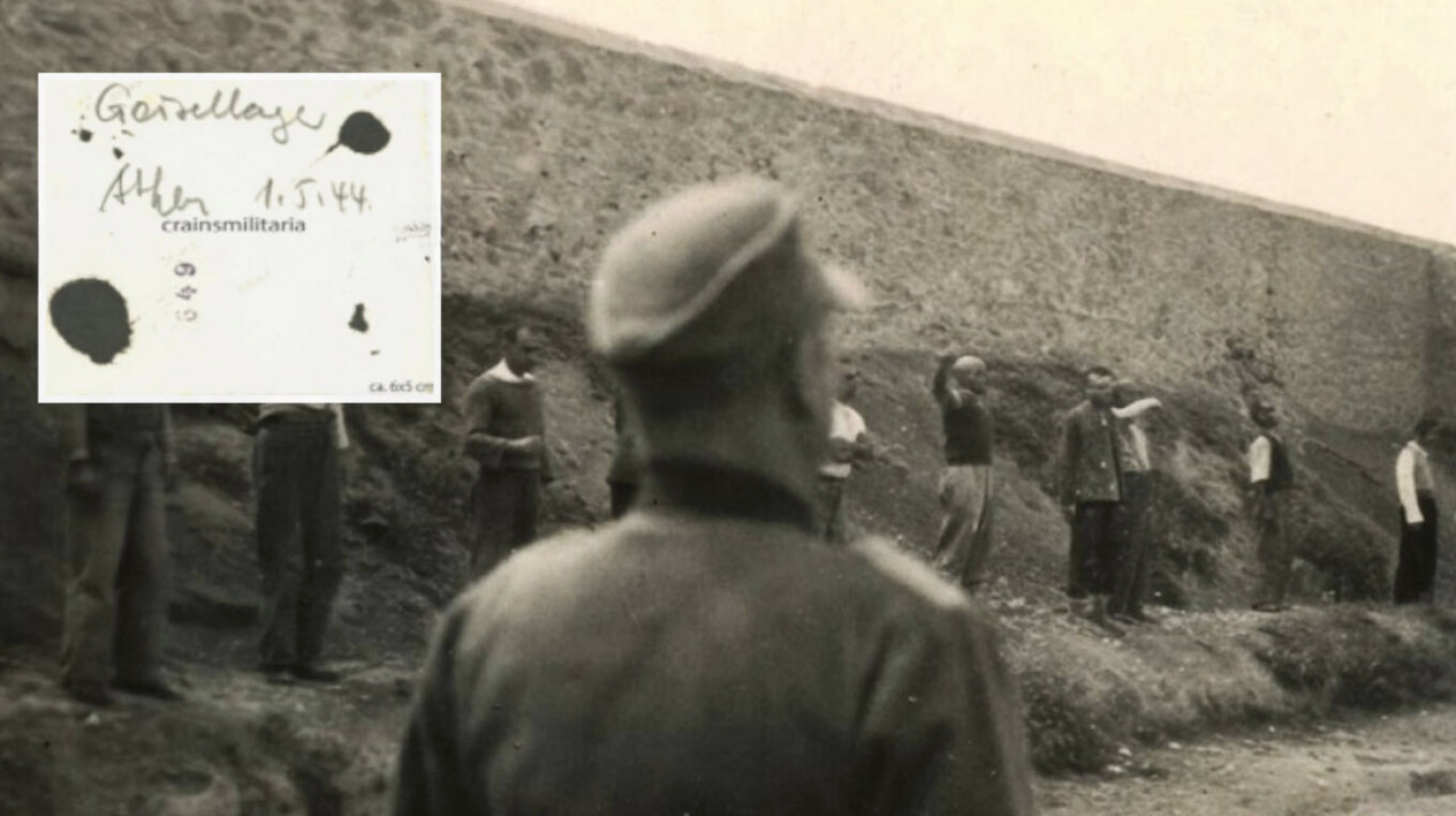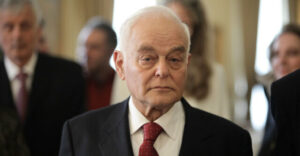When Finland and Sweden applied for NATO membership last spring, Russia’s reaction was negative but muted. It consisted only of words, not actions — in all likelihood due to Russia’s preoccupation with its war against Ukraine. Yet we should not assume that Russia will refrain from responding in the future. The Kremlin made its position clear years ago: there will be consequences from Finnish and Swedish NATO membership. Finnish president Sauli Niinistö offered one illustration of Russia’s approach in an interview in February 2022, recalling Vladimir Putin’s warning from 2016: “When we look across the border now, we see a Finn on the other side. If Finland joins NATO, we will see an enemy.”
As we argue in a recent Center for a New American Security report, NATO’s forthcoming enlargement will permanently alter the European security architecture and erode Russia’s geopolitical position. Moscow will see these changes as a threat to its security and is likely to respond in ways that will pose challenges to NATO in both the short and long term. In the short term, the allies will need to counter Moscow’s attempts to undermine NATO’s position in the Nordic-Baltic-Arctic region, including through various gray zone tactics and more aggressive nuclear posturing aimed at compensating for losses in its conventional military capacity. In the long term, NATO must plan for a resurgent Russia, as the country will eventually reconstitute its conventional forces in the North and adapt its force posture in response to NATO’s presence in Finland and Sweden.
Trump pleads not guilty to 34 felony counts
New Flanks, New Fears
With Finland and Sweden in NATO, Russia’s northwestern flank becomes more vulnerable. Its border with the alliance will then extend from the Arctic Ocean to the Baltic Sea, which will become almost entirely ringed by NATO countries. Concerningly for Moscow, alliance territory will expand near the strategically important Kola Peninsula in the north and move closer to Russia’s second-largest city of St. Petersburg, located on the Baltic Sea coast. Russia may suspect that the alliance will concentrate more military resources along the lengthy Finnish-Russian border. Additionally, Russia may perceive that it is riskier to carry out naval operations in the Baltic Sea or worry about threats to its Kaliningrad exclave — soon to be surrounded by NATO member states.
Read more: War on the Rocks
Ask me anything
Explore related questions





